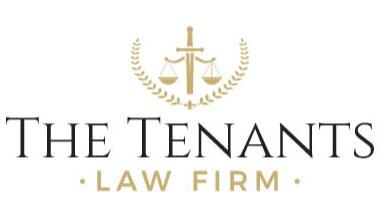Understanding the Dangers of Lead Poisoning in Your Home
Understanding the Danger
Lead poisoning is a serious health concern that occurs when lead-based substances are ingested or inhaled, often from paint in older buildings and homes. Children and pregnant women are particularly vulnerable, as even minimal exposure can lead to lifelong health issues.
Identifying Potential Risks in Your Rental Home
Age of the Property: If your rental home was constructed before 1978, there's a higher likelihood of lead-based paint being used.
Chipping or Peeling Paint: Deteriorating lead-based paint can create hazardous dust and flakes, increasing the risk of ingestion.
Renovation Hazards: Renovations in older homes can disturb lead-painted surfaces, releasing toxic dust into the air.
Know Your Rights
As a tenant, you have rights and protections against lead poisoning:
Landlord Responsibility: Landlords are legally obliged to maintain a safe living environment. This includes addressing lead hazards promptly.
Disclosure: Landlords must disclose known lead hazards in the rental property.
Timely Repairs: If lead hazards are identified, landlords are responsible for timely and safe removal.
What to do When you Suspect Lead Poisoning
Request Inspection: If you suspect lead hazards, request a lead inspection from your landlord. If they refuse, contact us immediately for legal assistance.
Regular Cleaning: Keep your home clean to minimize lead dust. Use damp cloths and mops to prevent dust particles from becoming airborne.
Legal Action: If your landlord neglects their responsibilities, our experienced legal team can help you take legal action to enforce your rights and ensure your home is safe.
Conclusion
Finding out about lead poisoning in your home is a situation that is time sensitive and requires swift action to prevent more harm to your health and your home. If you find yourself dealing with lead poisoning and your landlord is unresponsive, it's essential to seek legal advice from experienced tenant law professionals. Tenants Law Firm is here to help. If you are in need of legal assistance, contact us by calling (310) 432 - 3200 or by using this contact form.
